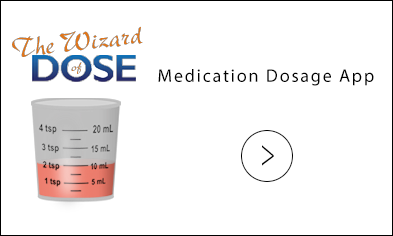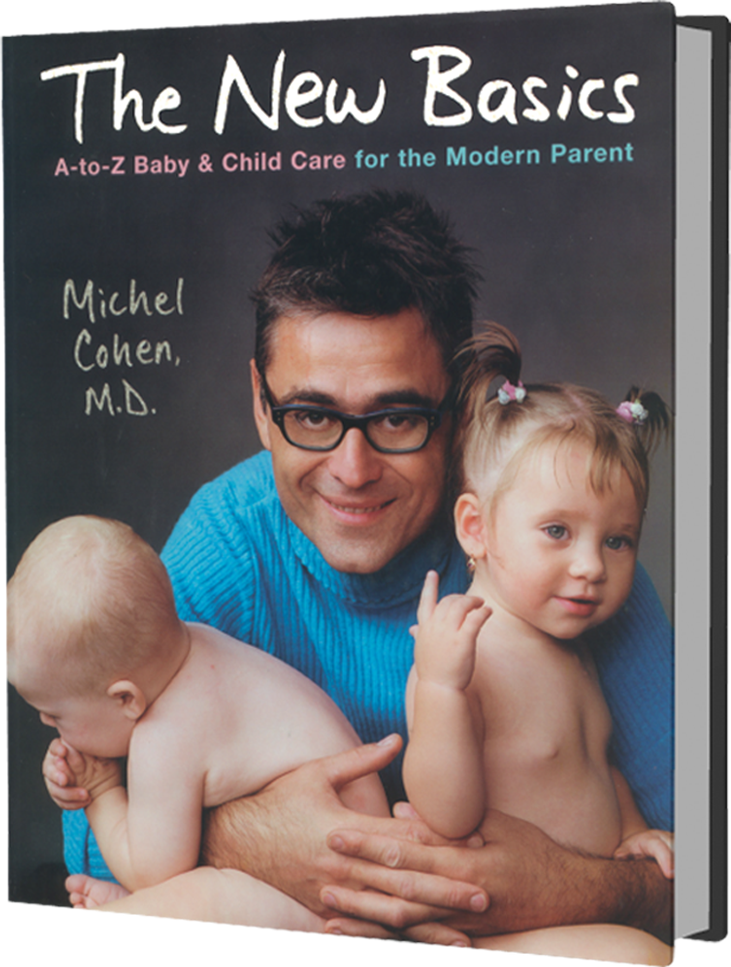
Pumping Milk
This section covers the many reasons to pump milk. Before discussing how and why, let’s take care of what to do with pumped milk. You can store it in the fridge for a good twenty-four hours and in the freezer almost indefinitely. Just as with formula, you can give Lucy the rest of an unfinished bottle that remains at room temperature for a couple of hours.
To Stimulate Breast Milk
Contrary to what you may have heard, it’s ludicrous to pump milk in the first few days after delivery in order to stimulate your production. This is the moment to let nature take its own course. Watching the few pitiful drops of colostrum that you painfully extract could make you assume that you don’t have enough milk, but that’s not accurate. Lucy is a much more efficient extractor than the pump.
Also, when you offer her your breast she won’t understand why, since you’ve depleted her food supply. Sure, you could follow up by giving her pumped milk in a bottle, but next time she’ll remember how compliant the rubber nipple was in comparison to yours. You’ll end up chasing your tail and become discouraged.
When Daddy Helps
Having papa participate in Lucy’s feeding is an excellent idea if she’s bottle feeding. If you’re nursing and want to share feedings, pumping breast milk is a good idea in theory, but in practice it’s often inefficient. The time spent pumping, storing, and supervising could simply be used to get the actual feeding out of the way. Also, in the first few days of feeding, pumping interferes with natural production and disrupts the breast-feeding schedule. If you want to feed pumped breast milk, do it after you’ve established a steady breast-feeding pattern, which usually takes a good ten days. And remember, feeding a few ounces of formula here and there for convenience isn’t the end of the world.
Because Nursing Is Too Hard
Some mothers choose to feed their babies pumped breast milk with a bottle because they’ve been unable to breast-feed successfully. I doubt they enjoy the double hassle of first pumping and then bottle feeding, but at least they have the satisfaction of providing their babies with the best nutrition. If you find yourself in this situation, bear in mind that while it may be worth the effort in the first few months, when most of breast milk’s physiological and immunological advantages are achieved, the benefits are less obvious after that.
At Work
If you’re going to work soon after Lucy is born, you may want to pump breast milk at the office. This is a good alternative to nursing, especially during the first six months. After that, you should weigh the diminishing benefits of feeding Lucy breast milk against the stress of pumping at work. Most mothers don’t tremendously enjoy pumping, but they seem to find it tolerable after they get the hang of it. Unfortunately, very few workplaces are designed to accommodate this activity. Having said that, I’ve seen many working mothers successfully and happily pump breast milk at work for a full year.
Here are some tips I’ve gathered from these dairy queens:
- Enjoy your maternity leave without pumping, and start just a few days before going back to the office. Stockpiling pints of surplus milk in anticipation won’t make a difference, and it will offset your production.
- Pump only what Lucy’s likely to eat the next day while you’re at work. You’ll probably get an average of twelve ounces in two to three sittings. In the first few months, this will be enough to keep her happy throughout the day.
- In the first week or two, Lucy’s caretaker will invariably report at the end of the day that you did not leave enough breast milk. This is partly because Lucy will suck more readily on a rubber nipple and because your caretaker is assuming that when Lucy fusses she’s probably hungry.
- If you find you don’t have enough milk, keep in mind that formula is not poison. It’s the next best thing to breast milk, and if bottle feeding relieves your stress level at work, it’s worth it to give Lucy a couple of ounces of formula a day.
After six months, when Lucy starts eating solid foods, breast milk, while still beneficial, is no longer crucial. At this point, pump what’s comfortable and supplement with formula. Even if you stop pumping altogether, you can continue breast feeding at night and during weekends.




 MEDICATION DOSAGE
MEDICATION DOSAGE

